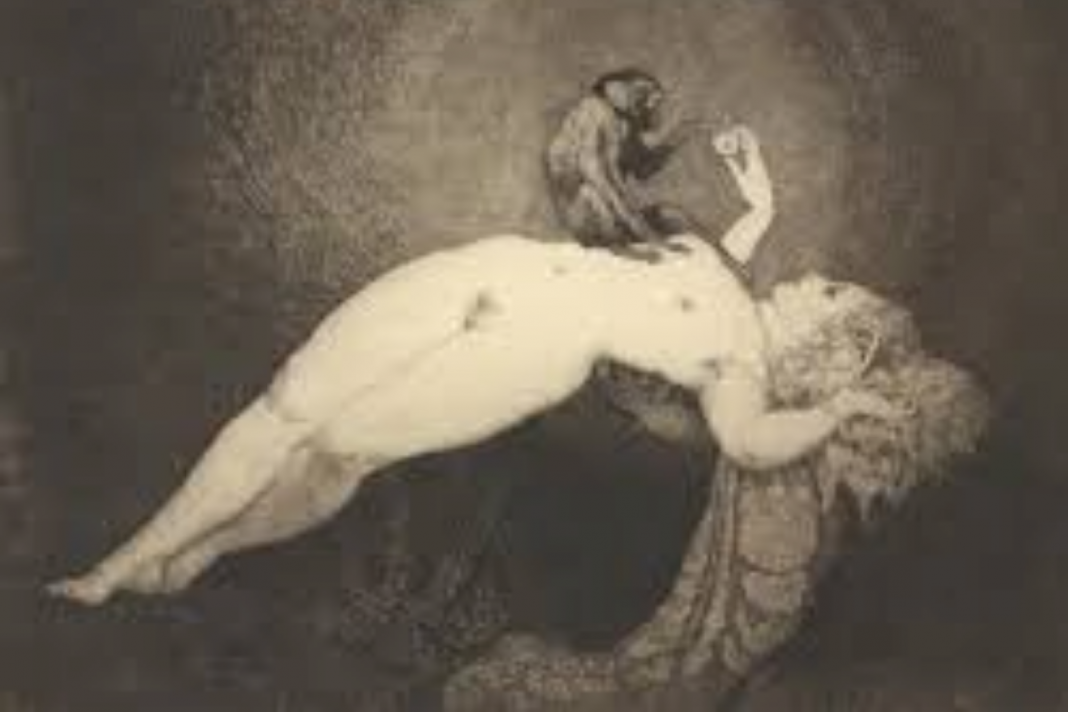‘The Case for the Personhood of Gorillas’
Dexterity Manos sophisticated language, reading, writing, arithmetic, growth and potential development to a benchmark adult IQ and cognitive function; metacognition,[1] global thinking, worldview, with this, Humans have a more expansive view of the world than Gorillas.
Koko the Gorilla, sees herself as a Gorilla, identifies as a Gorilla and not as a human. Koko has had intensive training in order to move beyond a Gorilla benchmark and has had to adapt to her new environment. Learning has been necessary for her survival in captivity. She has adapted to a man created environment in much the same way as an intellectually impaired person adapts to full time care. Koko will always be a displaced Gorilla and not a Human.
As brave and Koko is, she has been led and trained in a many way’s so humans can study her and assess the similarities; the humans characteristics that are common between man and gorilla. The study shows Koko to be trainable however only to her own benchmark. In her own words, Koko proudly declares herself a “FINE ANIMAL GORILLA.” [2] I believe Koko’s assessment to be correct “Koko is not a Human.”
Humans have evolved differently.
More sophisticated anatomy to make sounds superior motor skills for reading and writing.
Gorilla using survival instinct and feeling to adapt differently to a life in captivity and schooling. The Gorillas motor skills and use of language has been trained into her for the sake of human experimentation.
Julia’s Monkey by Norman Lindsay www.ngv.vic.gov.au
Bibliography
Reference material;
Francine Patterson & Wendy Gordon 1993, ‘The Case for the Personhood of Gorillas’ in P Cavalieri & P Singer (eds), The great ape project; equality beyond humanity, Fourth Estate, London, pp. 58-77
[1] Metacognition
[2] Francine Patterson & Wendy Gordon ‘The Case for the Personhood of Gorillas’ P 76


